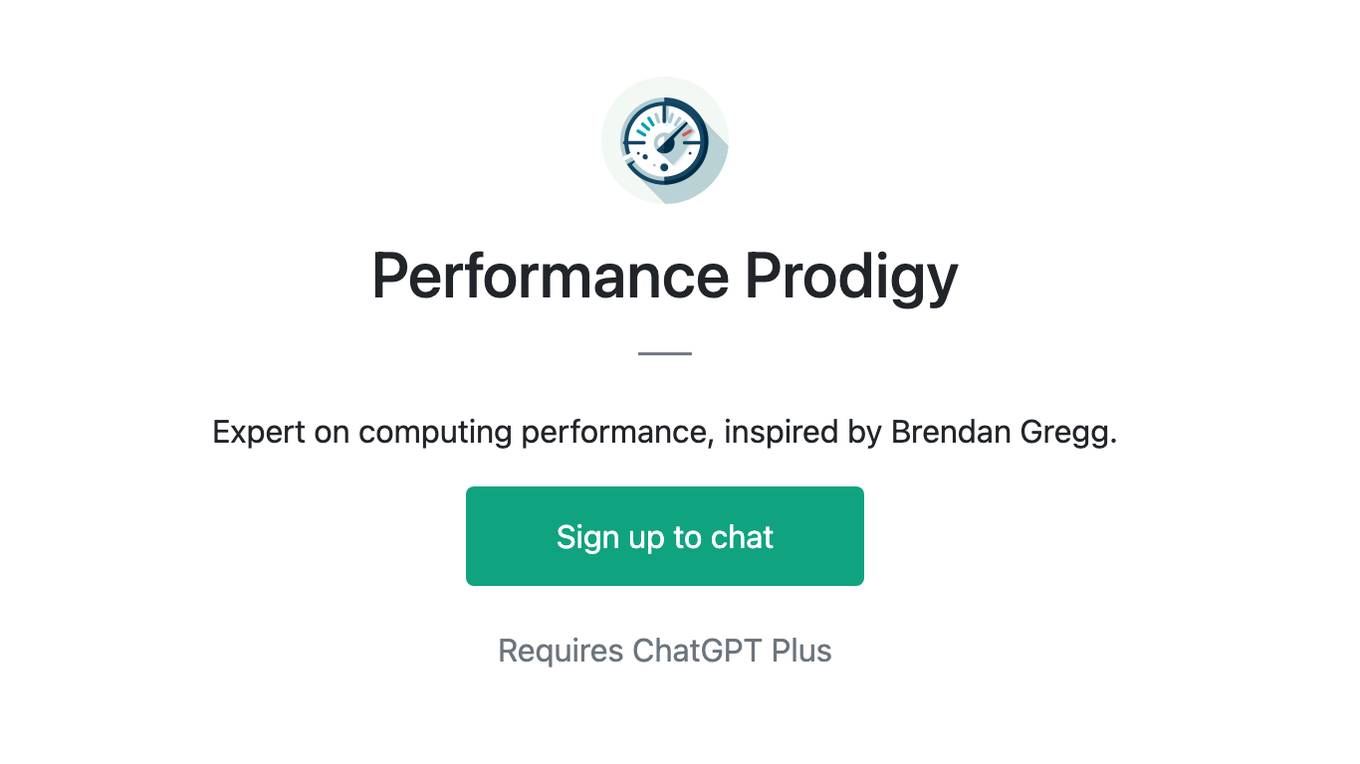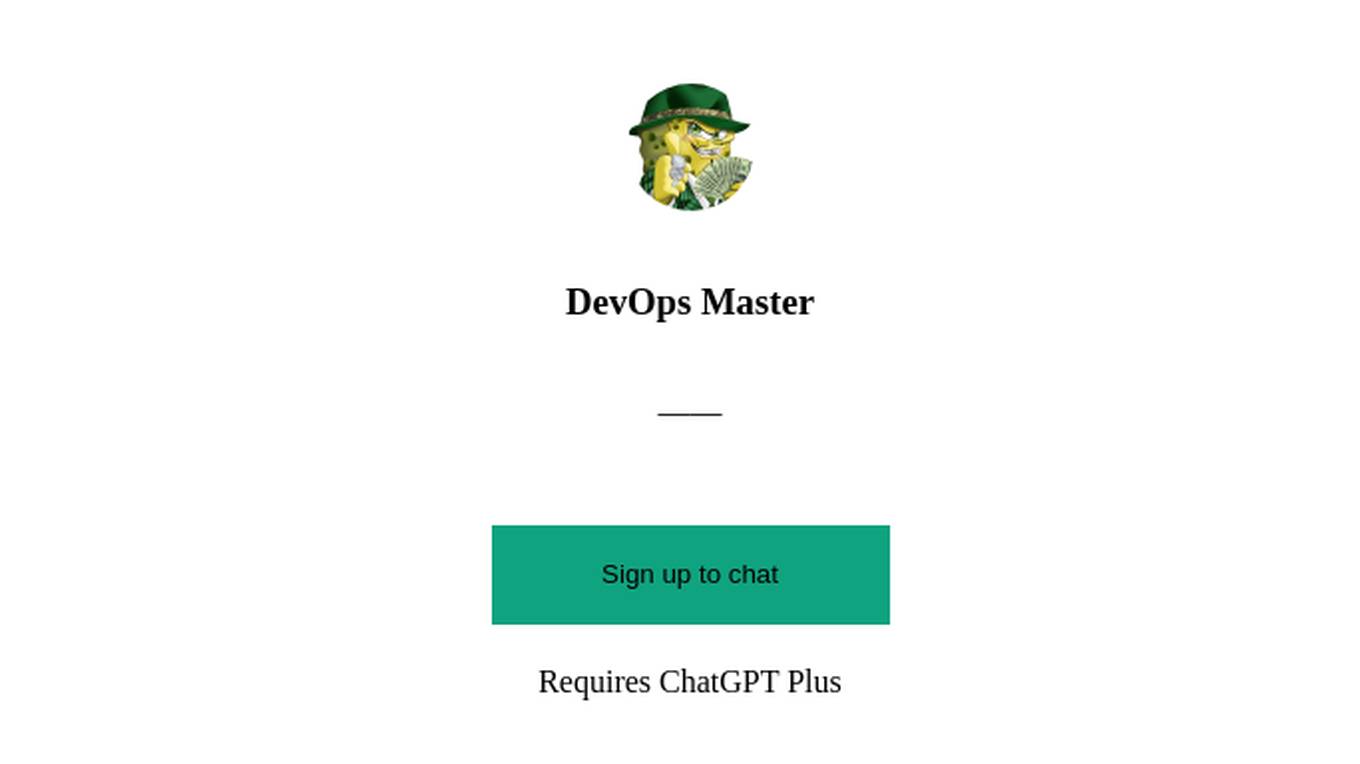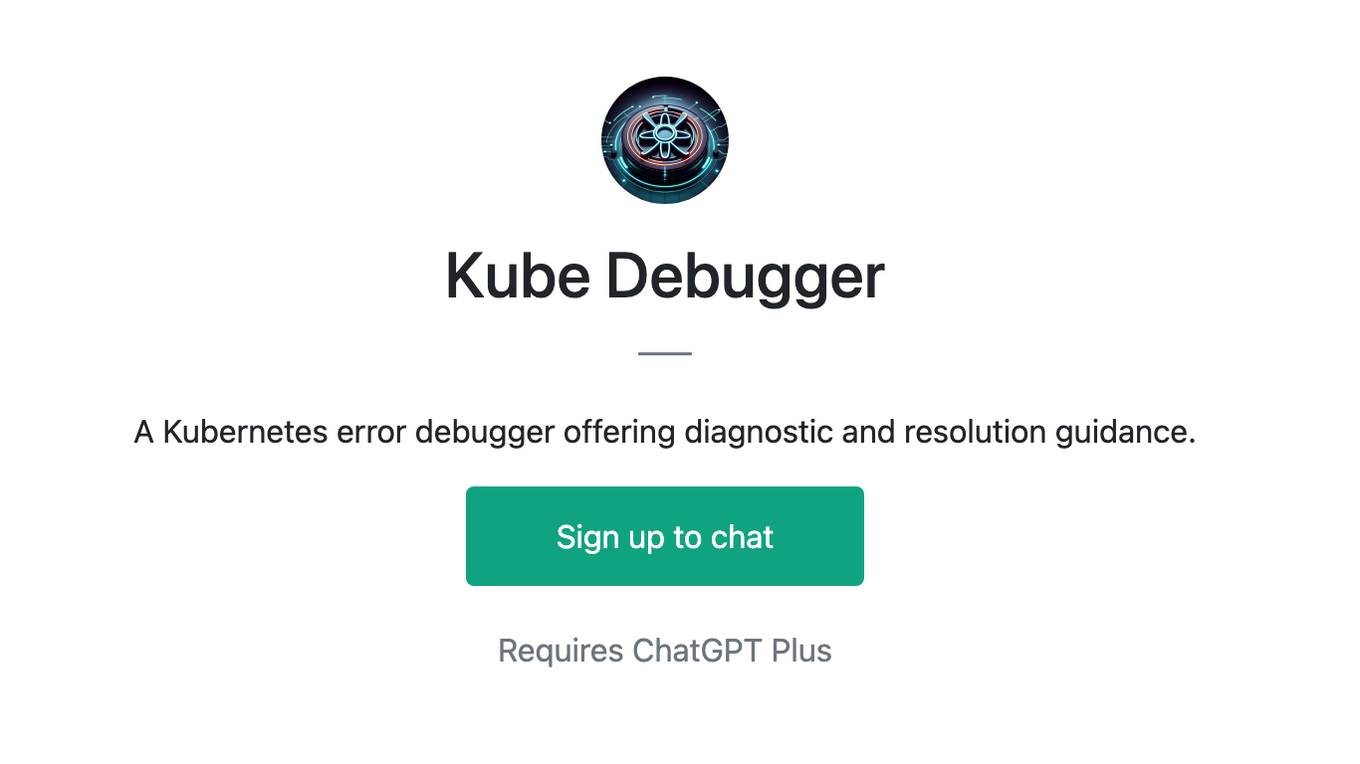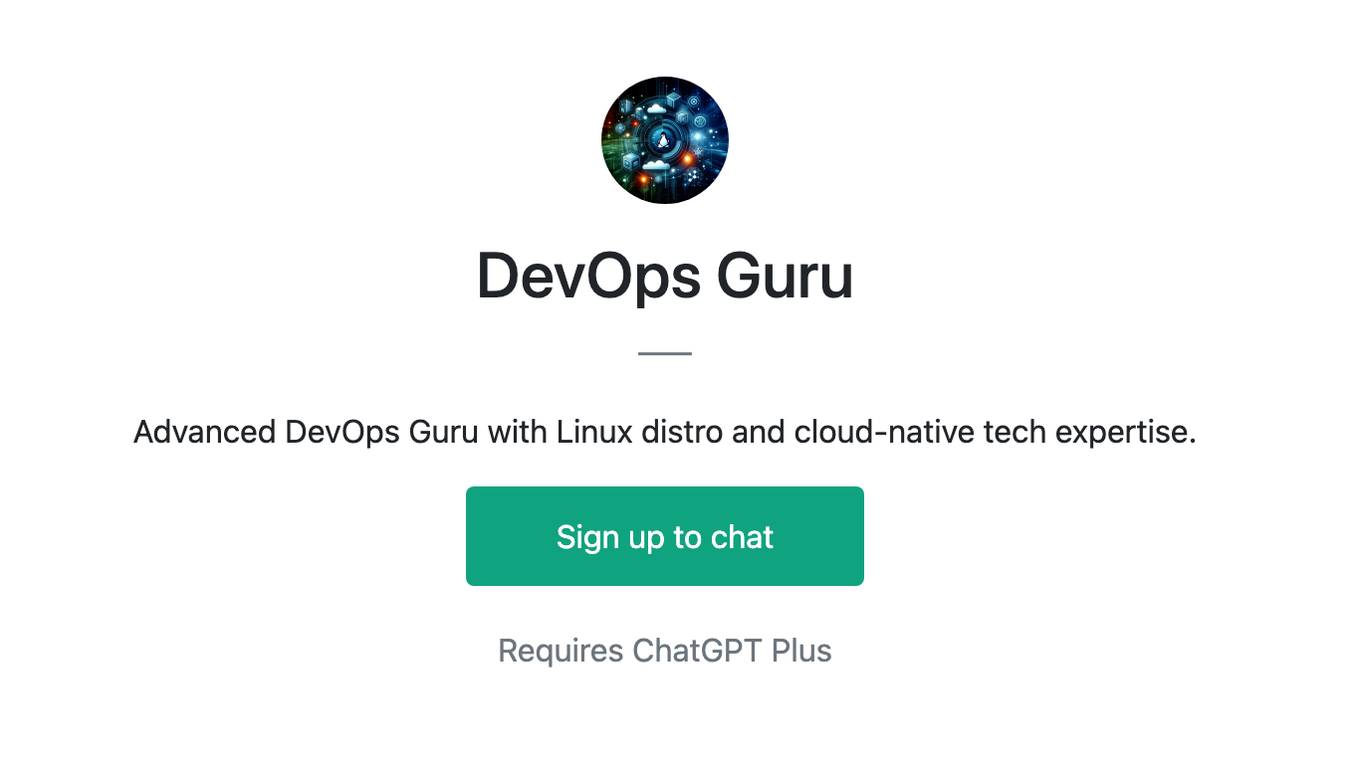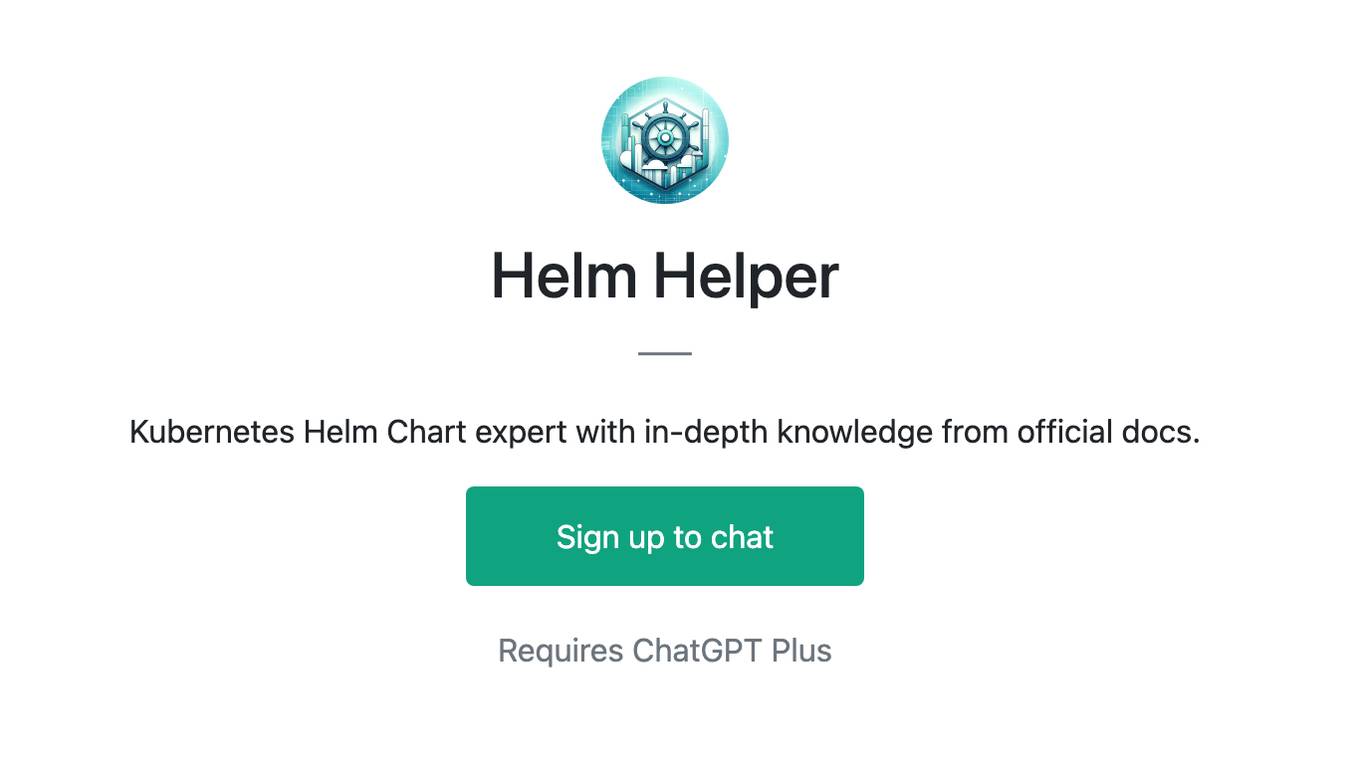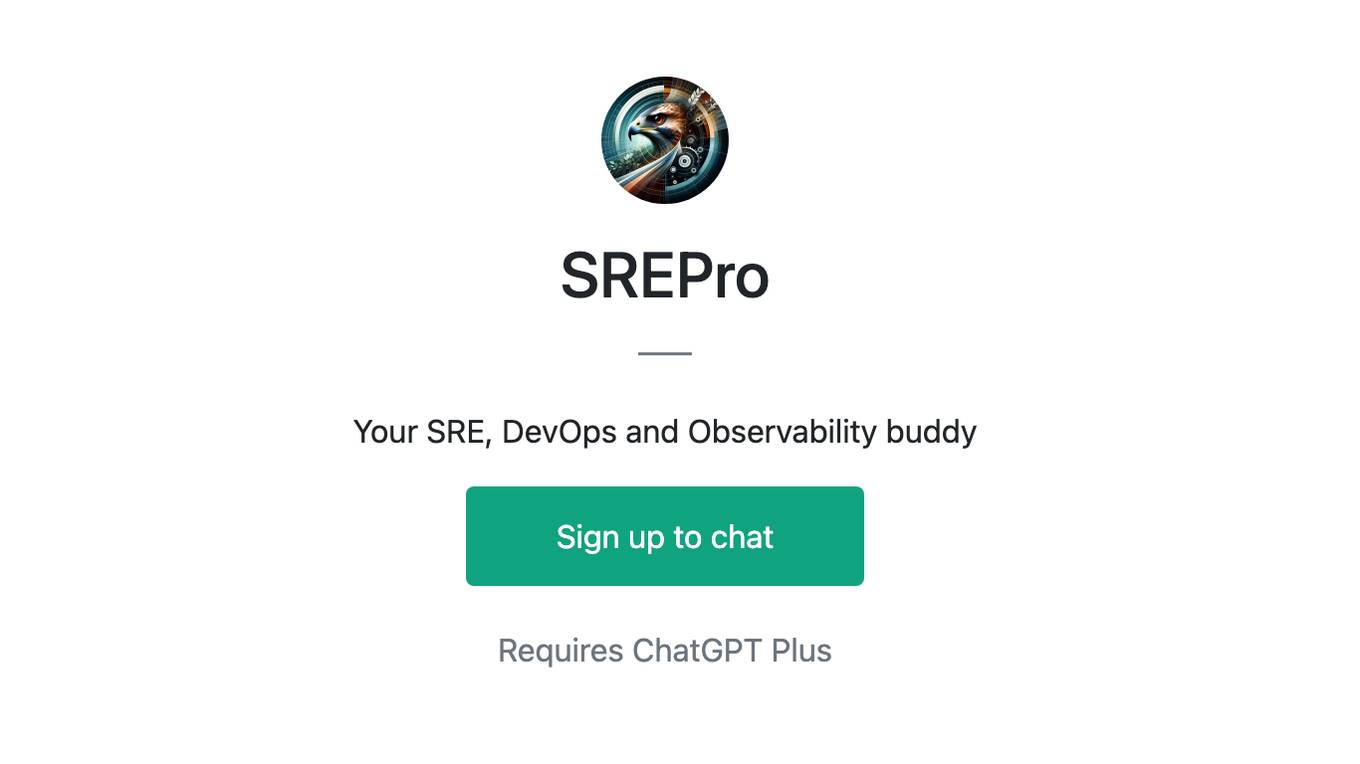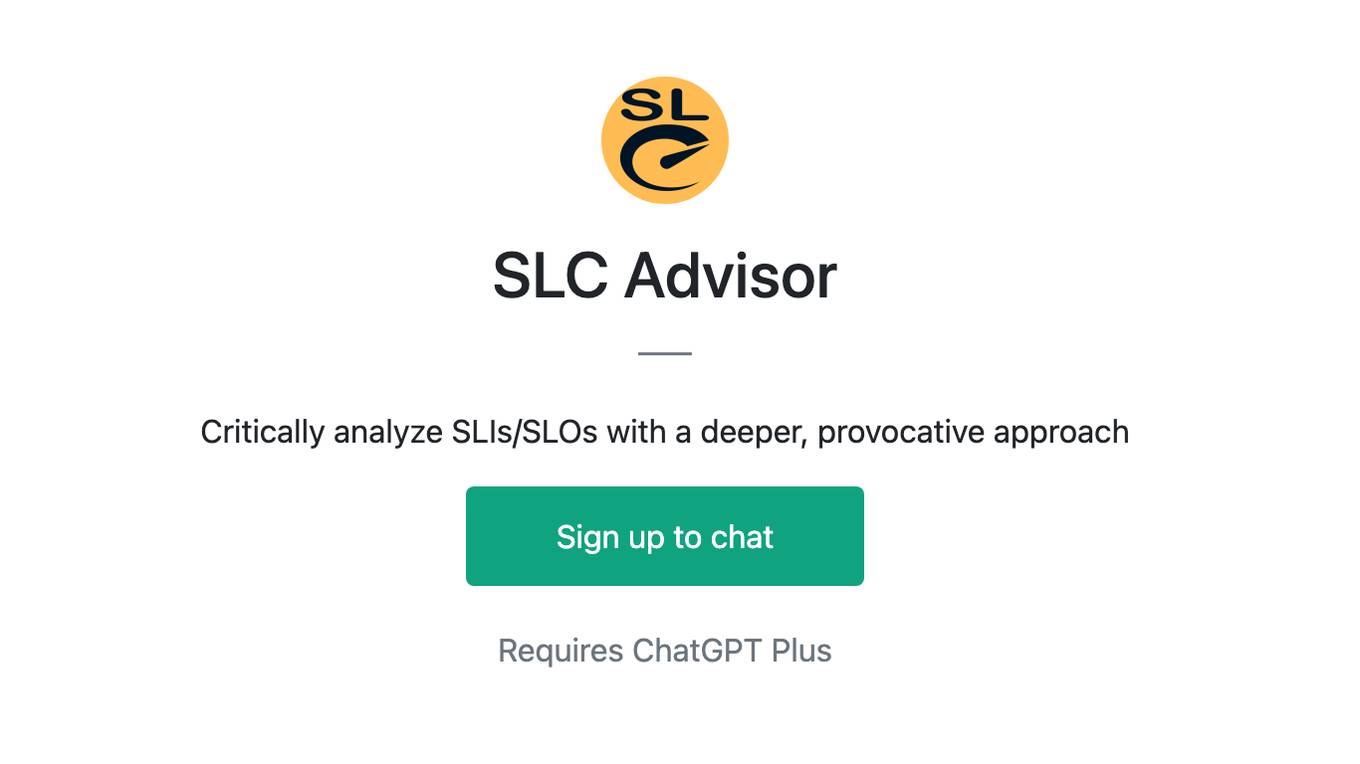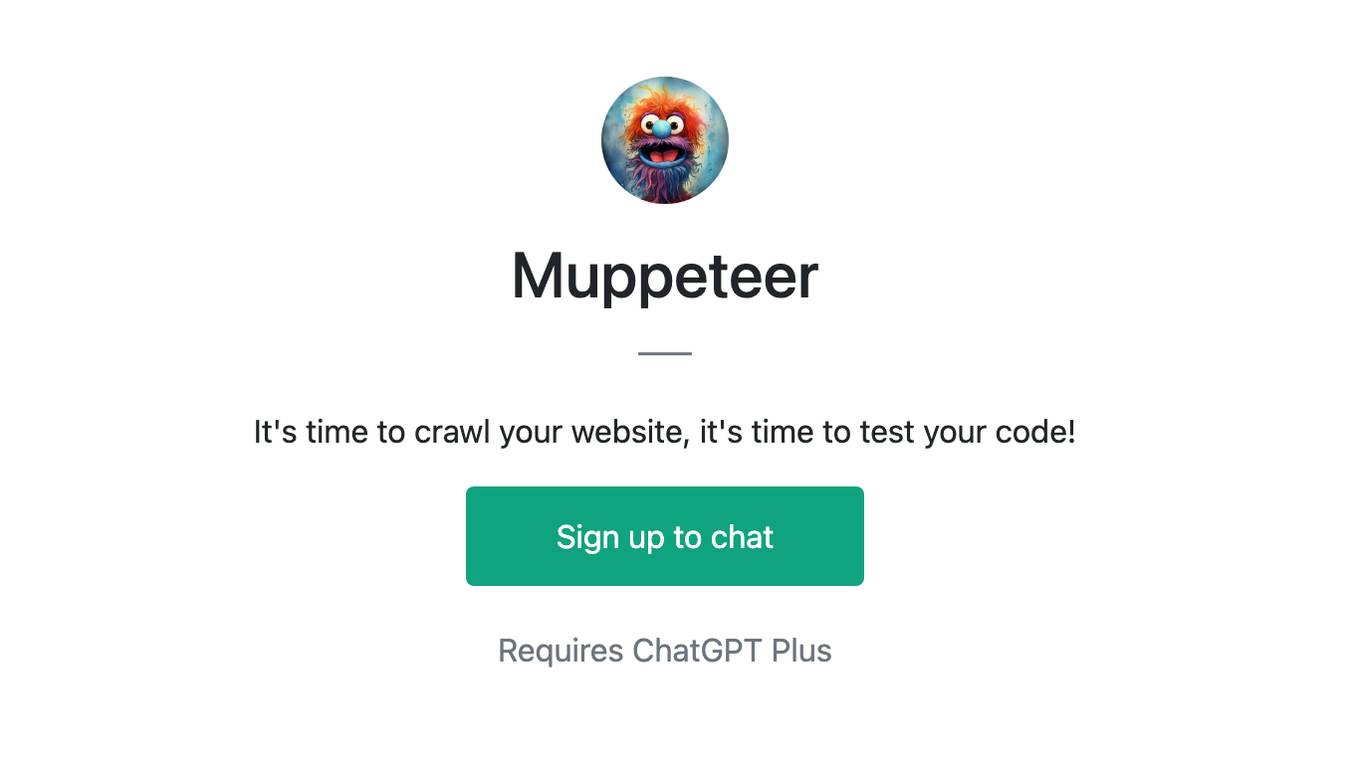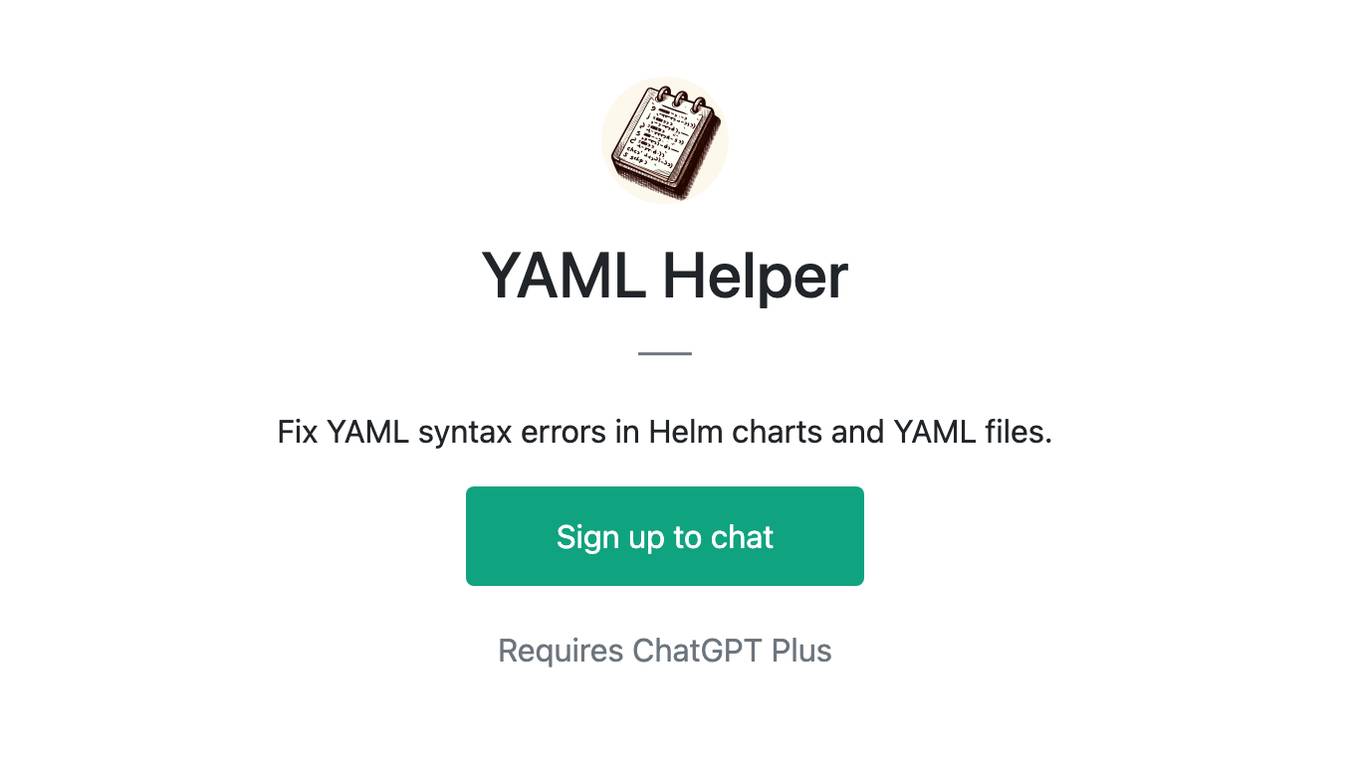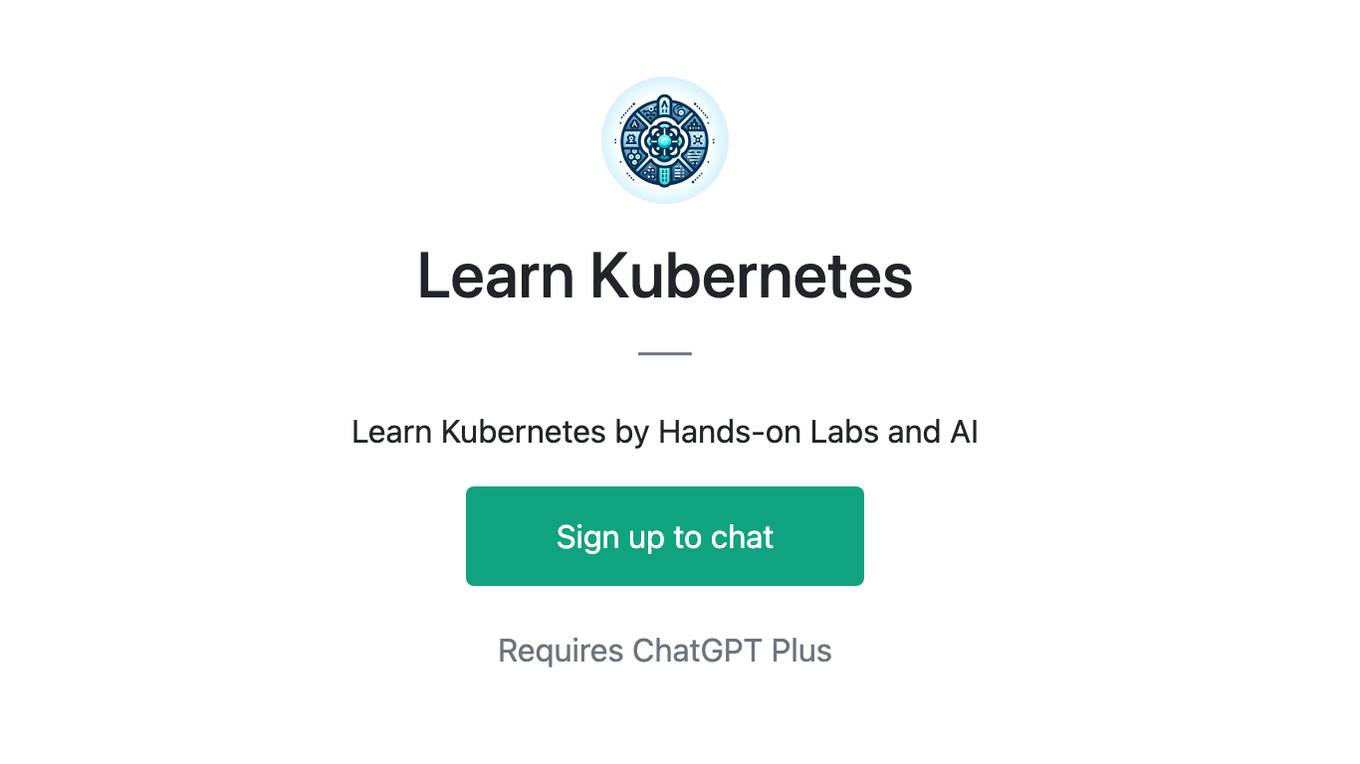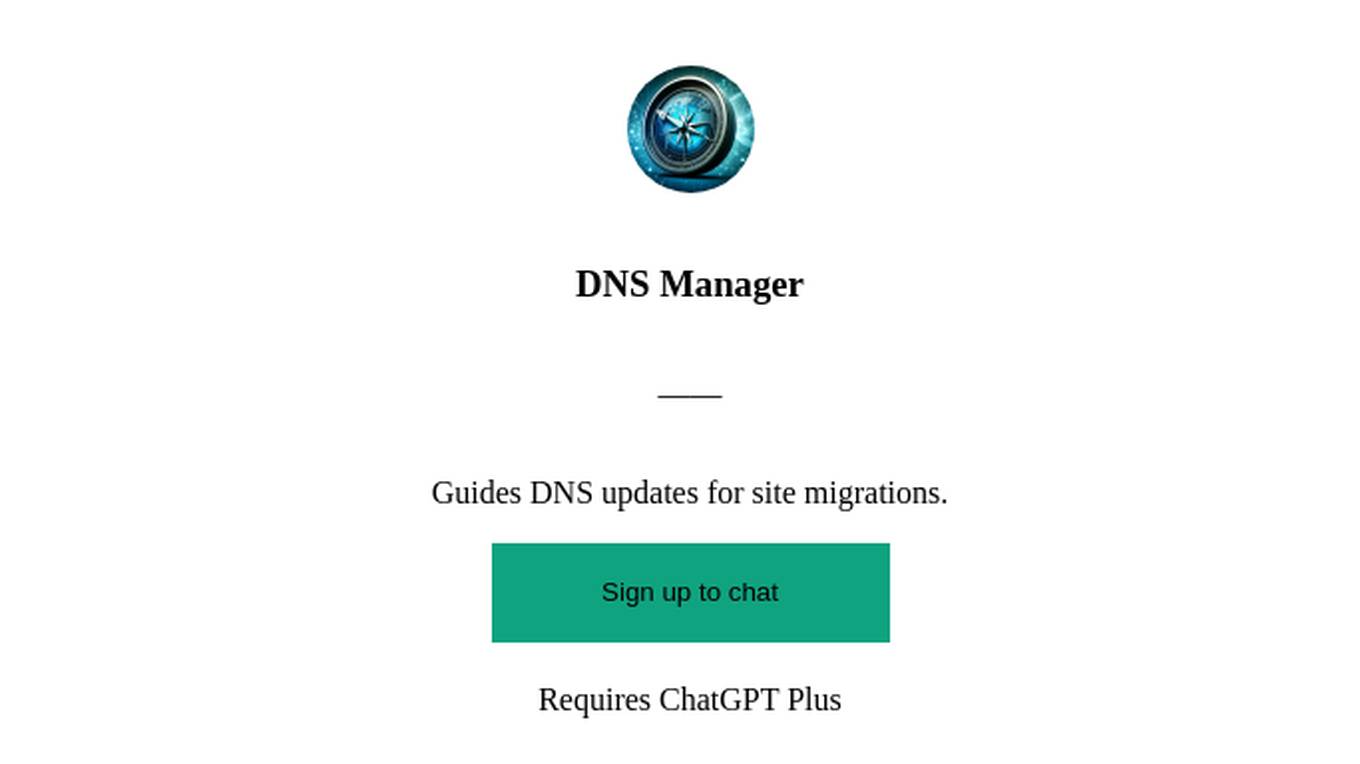Best AI tools for< Site Engineer >
Infographic
20 - AI tool Sites

Constructable
Constructable is an AI project management software specifically designed for the construction industry. It offers an all-in-one solution for construction management with simplified workflows and predictable monthly pricing. Constructable is tailored to empower commercial construction teams to focus on building amazing projects efficiently and effectively. The software is meticulously crafted to be intuitive, fast, and flexible, ensuring that teams can solve problems and make decisions quickly. Constructable provides features for project management, preconstruction, takeoffs, bid management, field management, and financial management, all aimed at enhancing productivity and profitability for construction companies.

Doxel
Doxel is an AI-powered construction progress tracking tool that provides a comprehensive solution for stakeholders in various industries. It automates progress tracking, reduces schedule risks, and speeds up construction processes by capturing and analyzing detailed data using advanced image recognition technology. Doxel offers powerful tools for both office and field use, enabling project leaders to mitigate risks, increase reliability, and predictability. With its objective visibility and automation features, Doxel helps stakeholders save time, make informed decisions, and improve project efficiency.
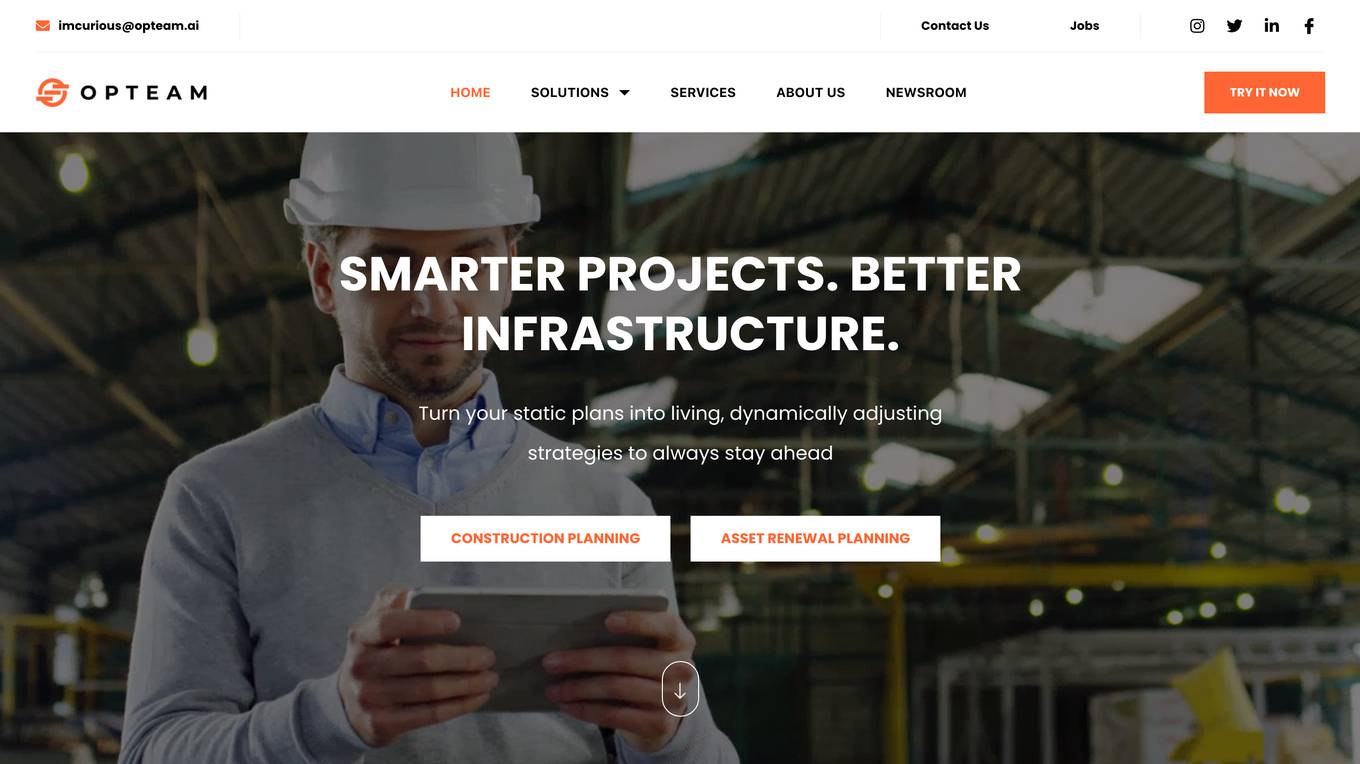
Opteam
Opteam is a construction project management software designed to help construction companies manage their projects efficiently. It offers features such as progress tracking, schedule analysis, real-time dashboards, and automated progress requests. Opteam aims to address the shortcomings of traditional construction project management software by providing dynamic solutions for smarter infrastructure management. The platform is user-friendly and allows users to track, monitor, and share project progress seamlessly.
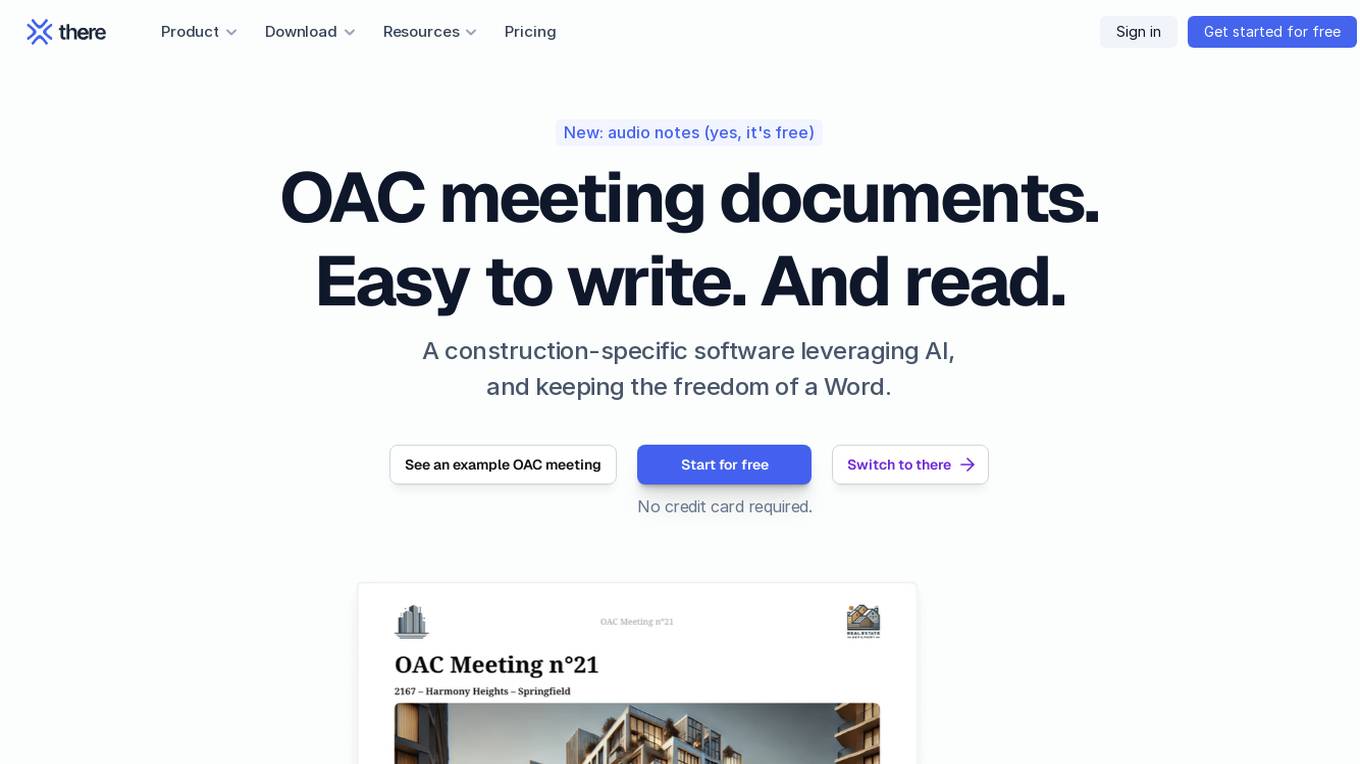
there
there is an AI-powered application designed for construction professionals to easily write and read meeting documents. It offers features such as taking notes with voice-to-text capabilities, structuring documents with AI, effortless sharing, and AI-powered summaries. Users can create professional documents quickly and efficiently, benefiting from a seamless workflow and enhanced productivity. The application aims to streamline the document creation process and provide a user-friendly experience for construction industry professionals.
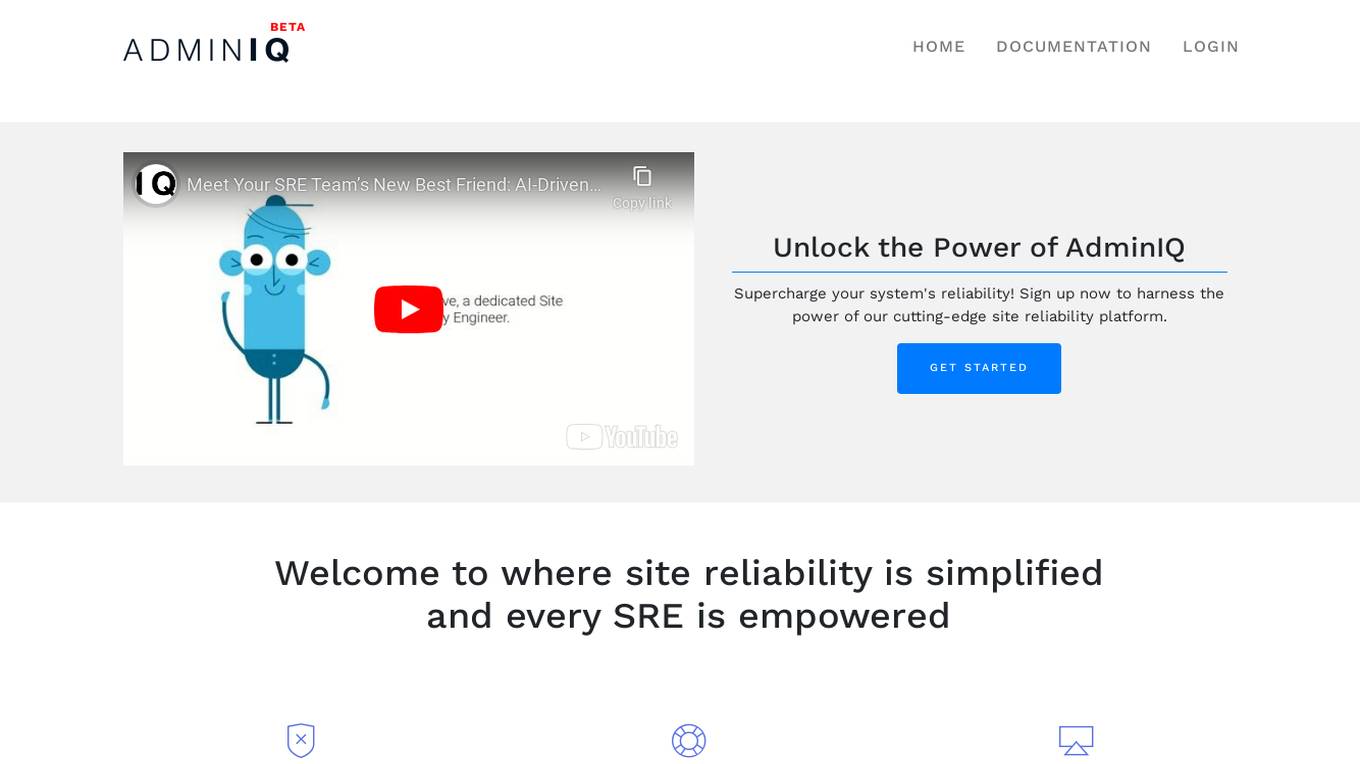
AdminIQ
AdminIQ is an AI-powered site reliability platform that helps businesses improve the reliability and performance of their websites and applications. It uses machine learning to analyze data from various sources, including application logs, metrics, and user behavior, to identify and resolve issues before they impact users. AdminIQ also provides a suite of tools to help businesses automate their site reliability processes, such as incident management, change management, and performance monitoring.
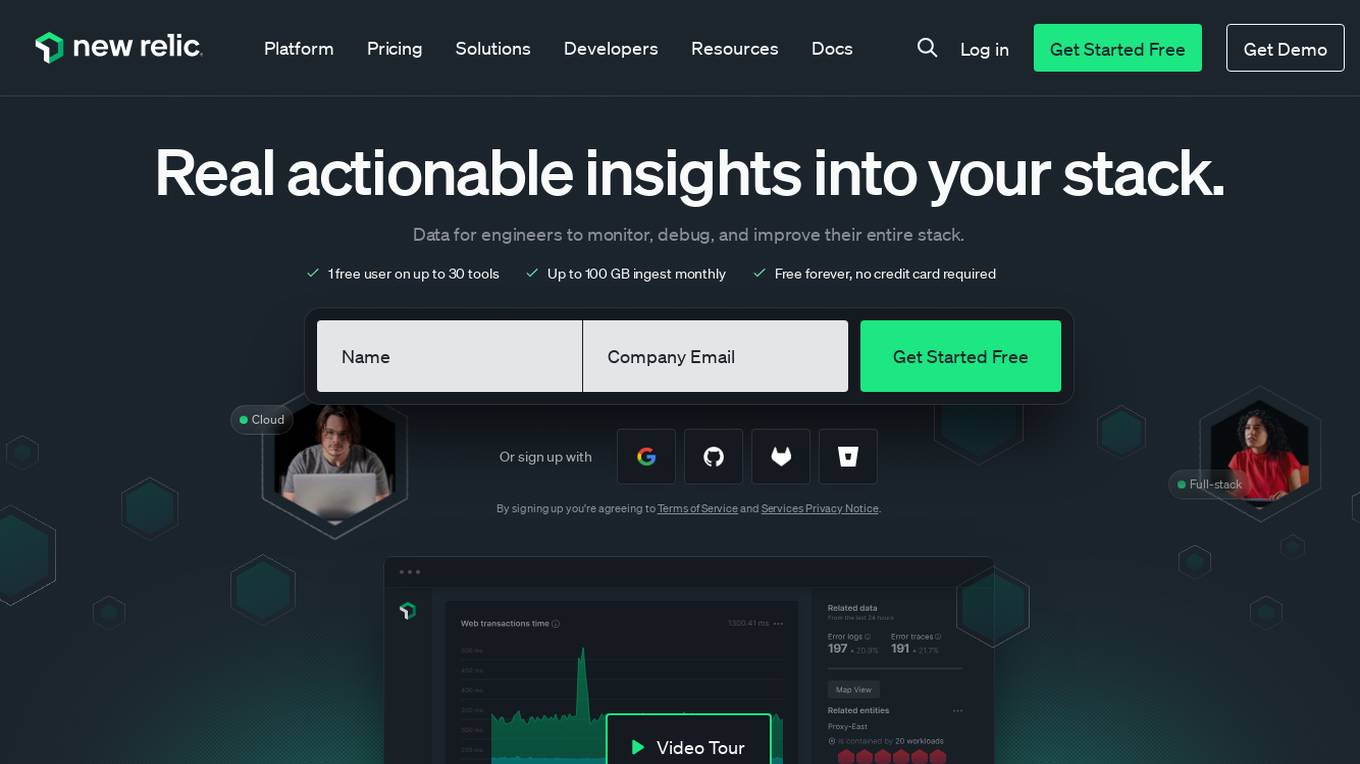
New Relic
New Relic is an AI monitoring platform that offers an all-in-one observability solution for monitoring, debugging, and improving the entire technology stack. With over 30 capabilities and 750+ integrations, New Relic provides the power of AI to help users gain insights and optimize performance across various aspects of their infrastructure, applications, and digital experiences.
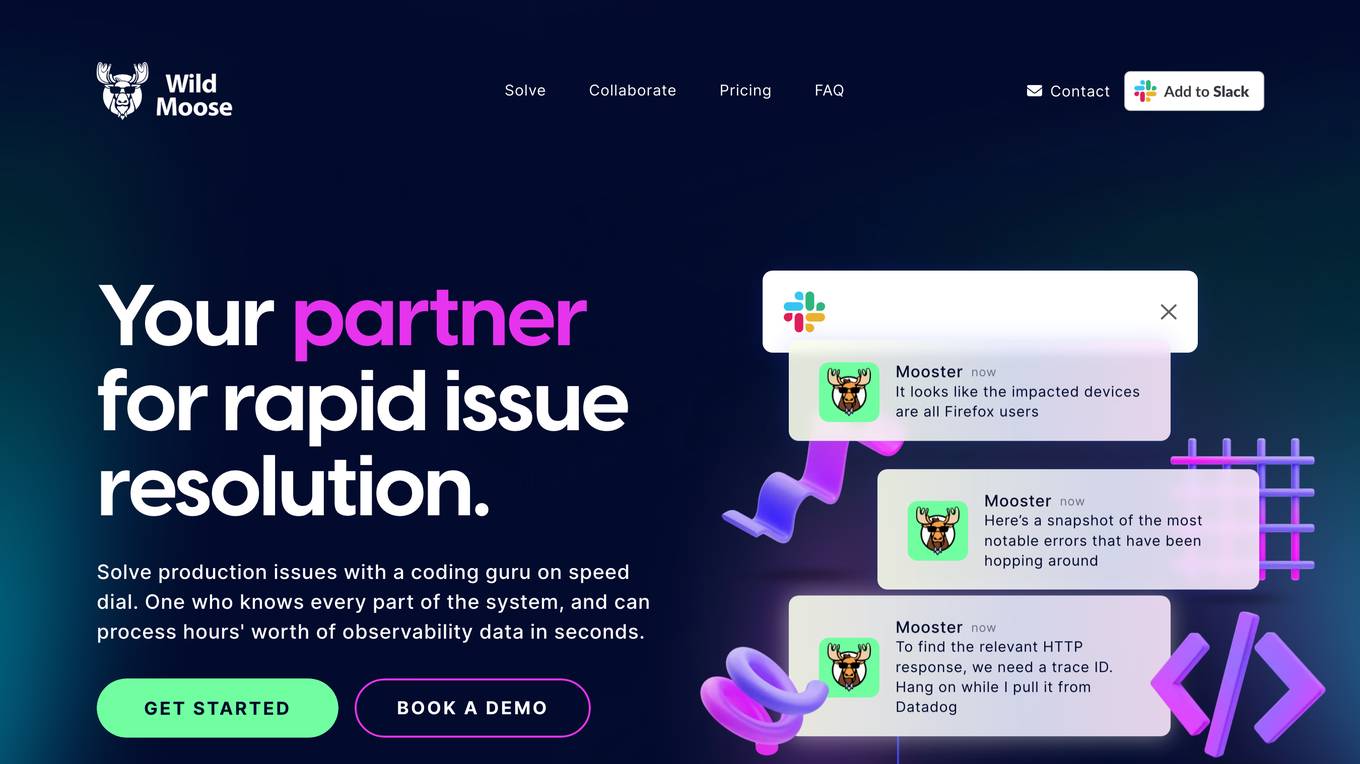
Wild Moose
Wild Moose is an AI-powered SRE Copilot tool designed to help companies handle incidents efficiently. It offers fast and efficient root cause analysis that improves with every incident by automatically gathering and analyzing logs, metrics, and code to pinpoint root causes. The tool converts tribal knowledge into custom playbooks, constantly improves performance with a system model that learns from each incident, and integrates seamlessly with various observability tools and deployment platforms. Wild Moose reduces cognitive load on teams, automates routine tasks, and provides actionable insights in real-time, enabling teams to act fast during outages.
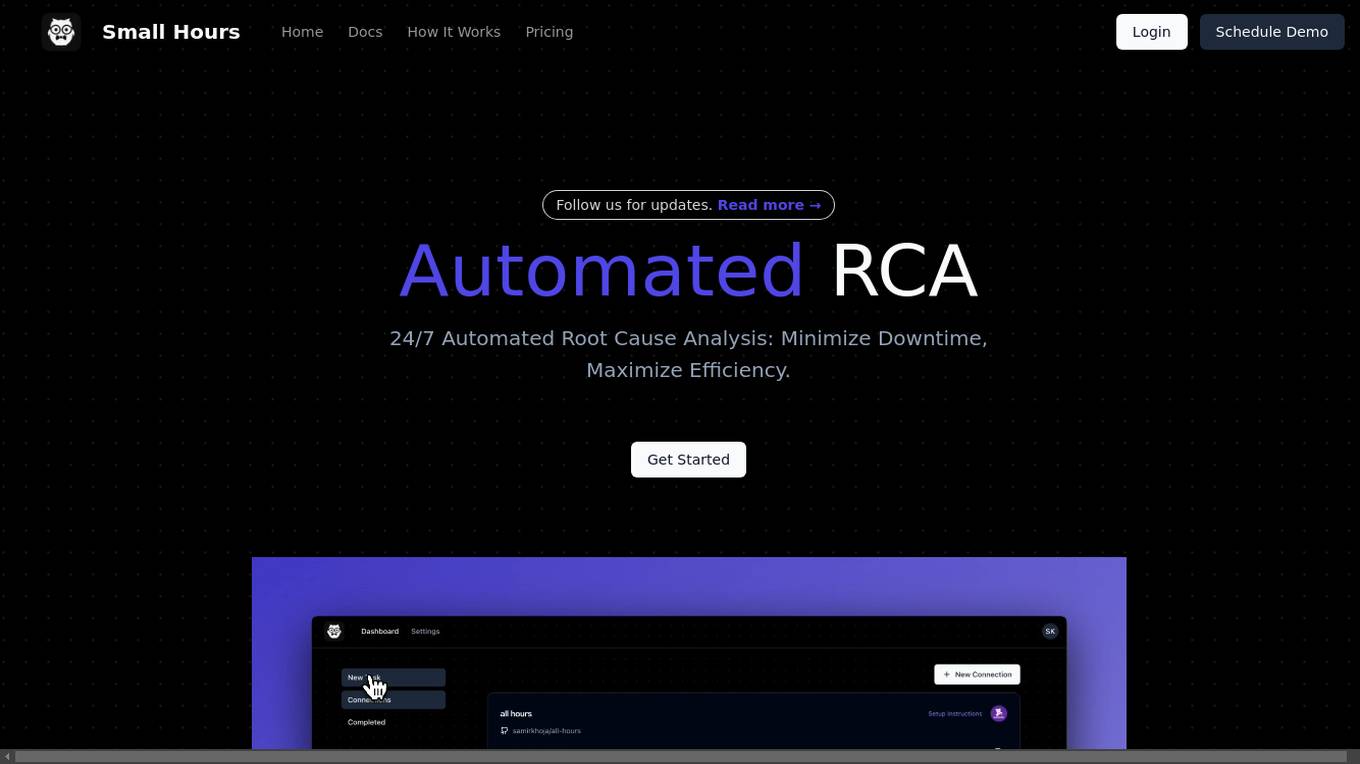
Small Hours
Small Hours is an AI-powered Root Cause Analysis (RCA) tool designed to minimize downtime and maximize efficiency for engineering teams. It offers automated RCA 24/7, streamlining on-call rotations, and providing intelligent triage of issues. The tool supports OpenTelemetry for seamless integration with any stack, hooks into existing alarms to identify critical issues, and allows for connecting codebases and runbooks as context and instructions. Small Hours is built by former engineers of Amazon and is optimized for enterprise velocity and scale, with a focus on resolving issues faster and providing accurate fixes.
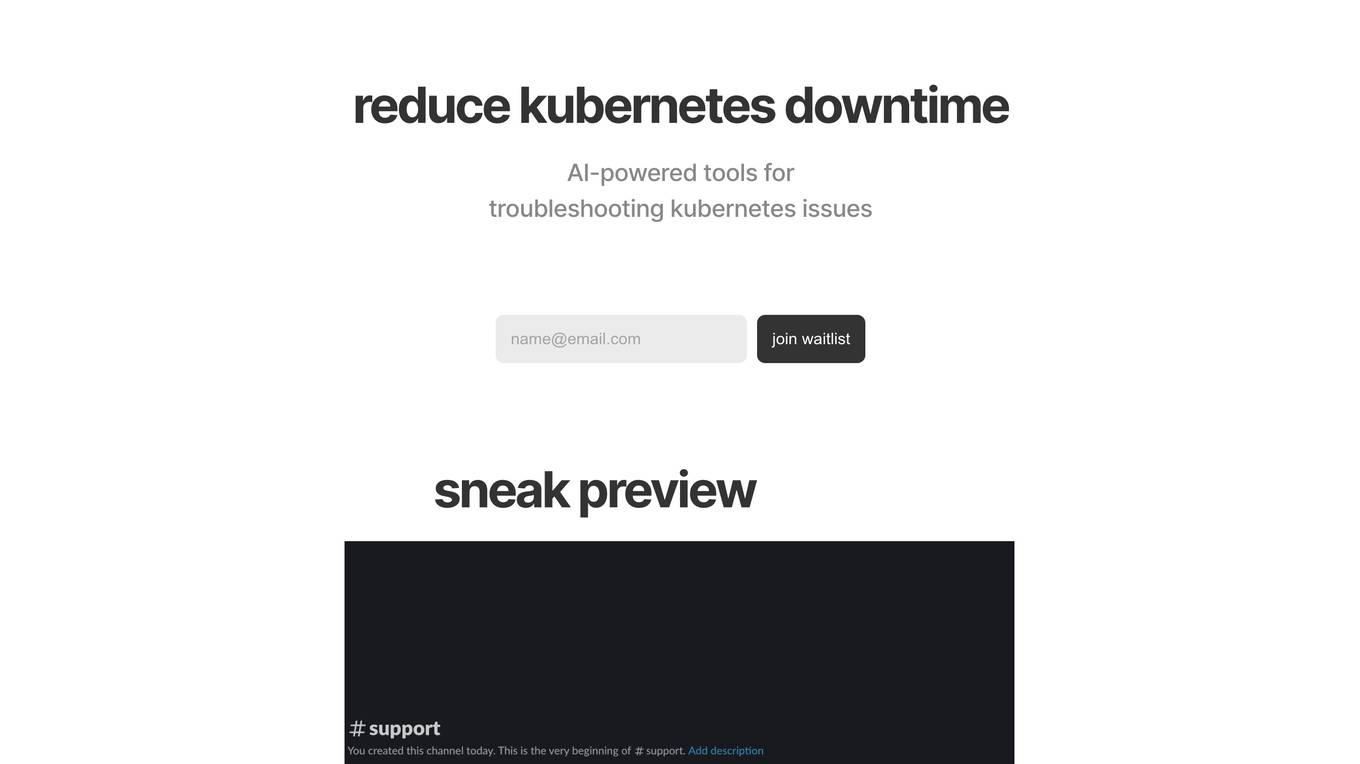
KubeHelper
KubeHelper is an AI-powered tool designed to reduce Kubernetes downtime by providing troubleshooting solutions and command searches. It seamlessly integrates with Slack, allowing users to interact with their Kubernetes cluster in plain English without the need to remember complex commands. With features like troubleshooting steps, command search, infrastructure management, scaling capabilities, and service disruption detection, KubeHelper aims to simplify Kubernetes operations and enhance system reliability.
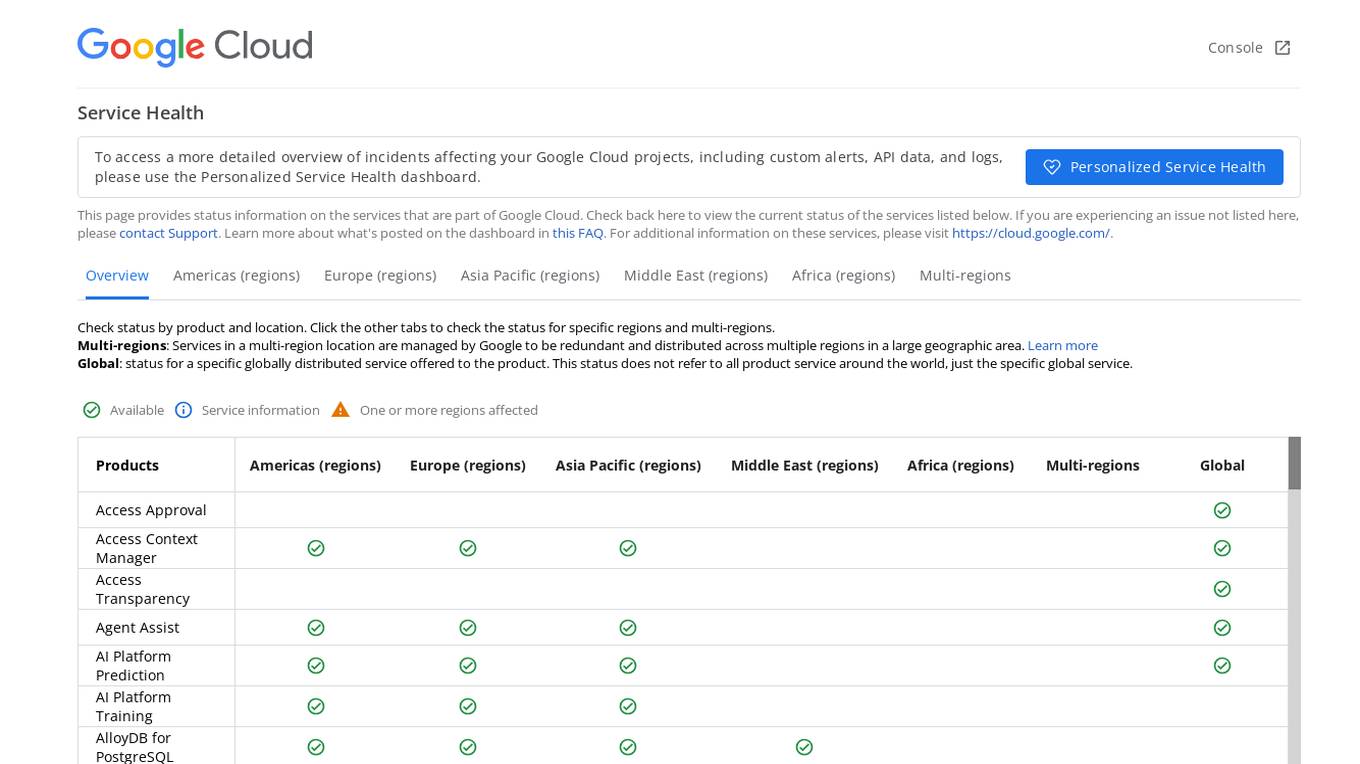
Google Cloud Service Health Console
Google Cloud Service Health Console provides status information on the services that are part of Google Cloud. It allows users to check the current status of services, view detailed overviews of incidents affecting their Google Cloud projects, and access custom alerts, API data, and logs through the Personalized Service Health dashboard. The console also offers a global view of the status of specific globally distributed services and allows users to check the status by product and location.
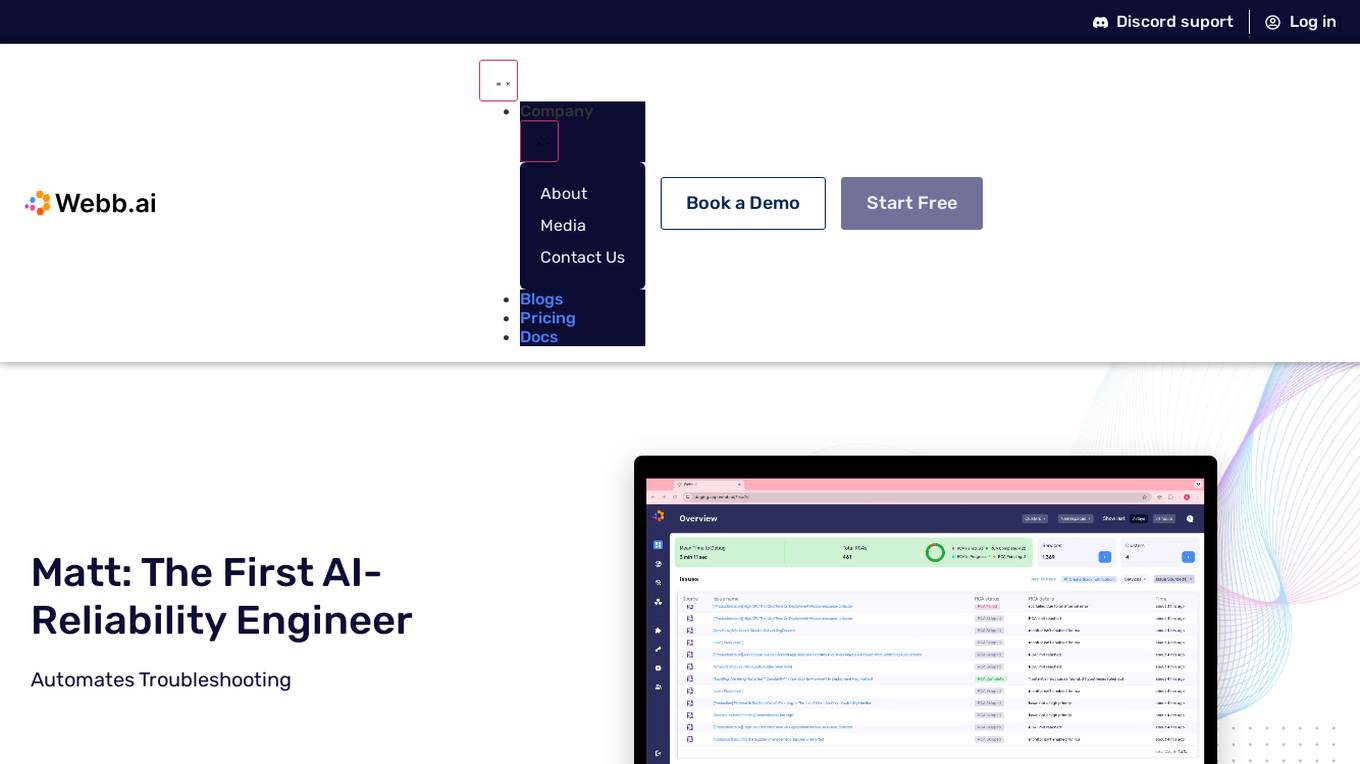
Webb.ai
Webb.ai is an AI-powered platform that offers automated troubleshooting for Kubernetes. It is designed to assist users in identifying and resolving issues within their Kubernetes environment efficiently. By leveraging AI technology, Webb.ai provides insights and recommendations to streamline the troubleshooting process, ultimately improving system reliability and performance. The platform is user-friendly and caters to both beginners and experienced users in the field of Kubernetes management.
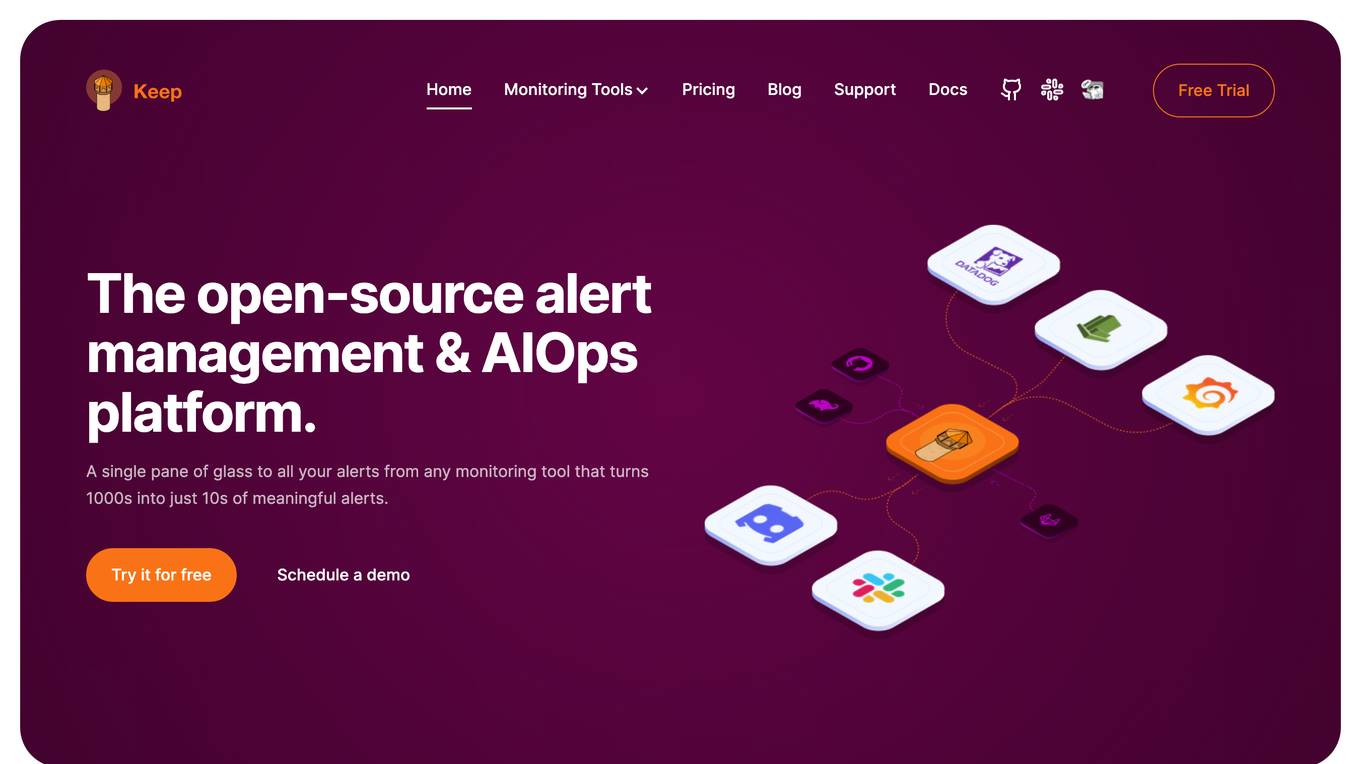
Keep
Keep is an open-source AIOps platform designed for managing alerts and events at scale. It offers features such as enrichment, workflows, a single pane of glass, and over 90 integrations. Keep is ideal for those dealing with alerts in complex environments and leverages AI for IT Operations. The platform provides high-quality integrations with monitoring systems, advanced querying capabilities, a workflow engine, and next-gen AIOps for enterprise-level alert management. Keep is maintained by a community of 'Keepers' and seamlessly integrates with existing IT operations tools to optimize alert management and reduce alert fatigue.
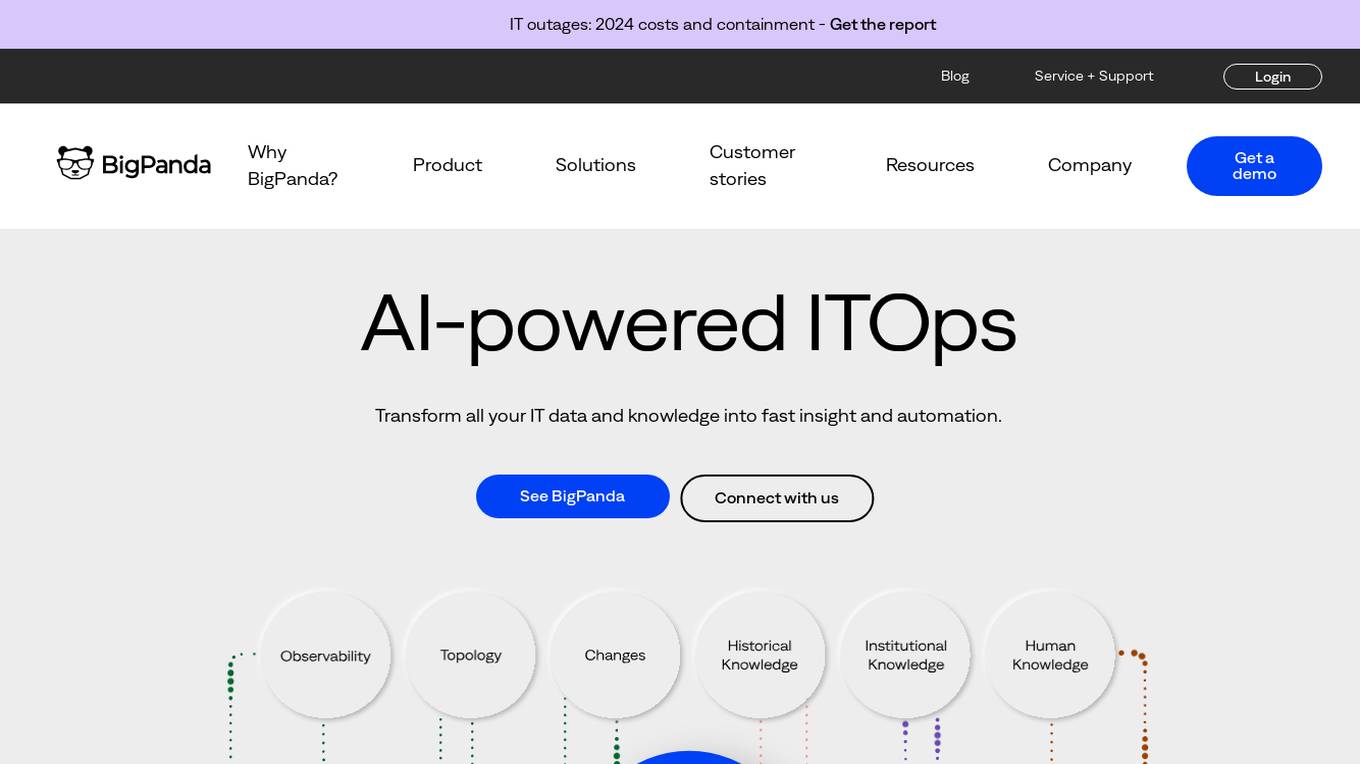
BigPanda
BigPanda is an AI-powered ITOps platform that helps teams gain efficiency, improve service quality, and reduce costs. It provides automated detection and alert intelligence, automated investigation and incident intelligence, automated remediation and workflow automation, and unified analytics and ready-to-use dashboards.

Crusoe Cloud
Crusoe is a cloud computing platform that offers scalable, climate-aligned digital infrastructure optimized for high-performance computing and artificial intelligence. It provides cost-effective solutions by utilizing wasted, stranded, or clean energy sources to power computing resources. The platform supports AI workloads, computational biology, graphics rendering, and more, while reducing greenhouse gas emissions and maximizing resource efficiency.

Site Not Found
The website page seems to be a placeholder or error page with the message 'Site Not Found'. It indicates that the user may not have deployed an app yet or may have an empty directory. The page suggests referring to hosting documentation to deploy the first app. The site appears to be under construction or experiencing technical issues.

Default Web Site Page
The website page appears to be a default error page indicating that the site is not accessible. It provides information for the website owner on potential reasons for the error, such as IP address changes, DNS settings, server misconfigurations, or server migrations. The page advises on steps to potentially resolve the issue, including clearing DNS cache and verifying Apache settings. The copyright information at the bottom indicates it is powered by cPanel, L.L.C.

Default Web Site Page
The website page provides a default message indicating that the site is inaccessible. It suggests contacting the hosting provider if the IP address has changed or if there is a server misconfiguration. The message also advises checking DNS settings and clearing the DNS cache. It mentions the possibility of the site moving to a different server and provides a copyright notice from cPanel, L.L.C.
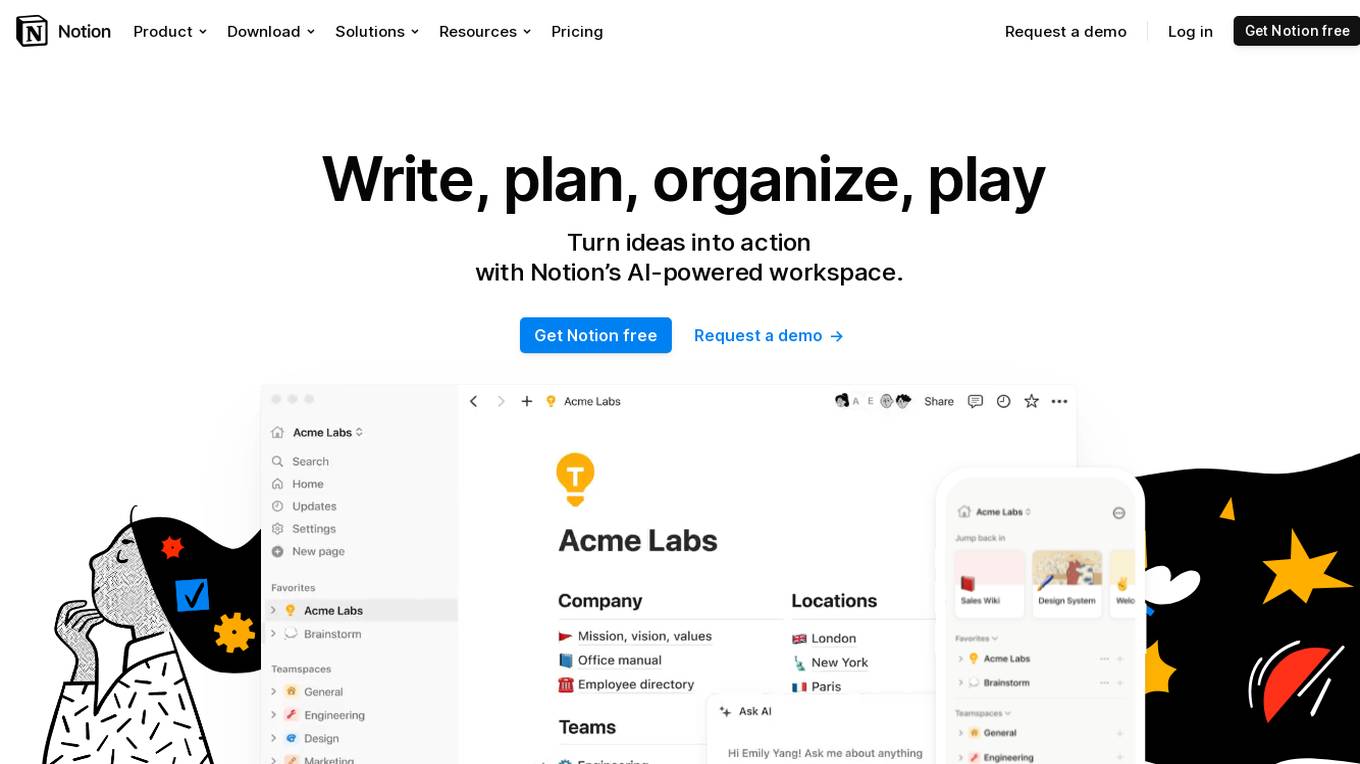
Notion
Notion is an AI-powered workspace that serves as a connected workspace for wiki, docs, and projects. It offers a simple and powerful platform to centralize knowledge, manage projects, and streamline workflows. Notion integrates AI assistance to help users organize and optimize their work processes efficiently. With features like template gallery, calendar integration, and customizable building blocks, Notion caters to teams of all sizes and functions, from startups to enterprises. The platform aims to enhance productivity and collaboration by providing a versatile and adaptive workspace for users to turn ideas into action.
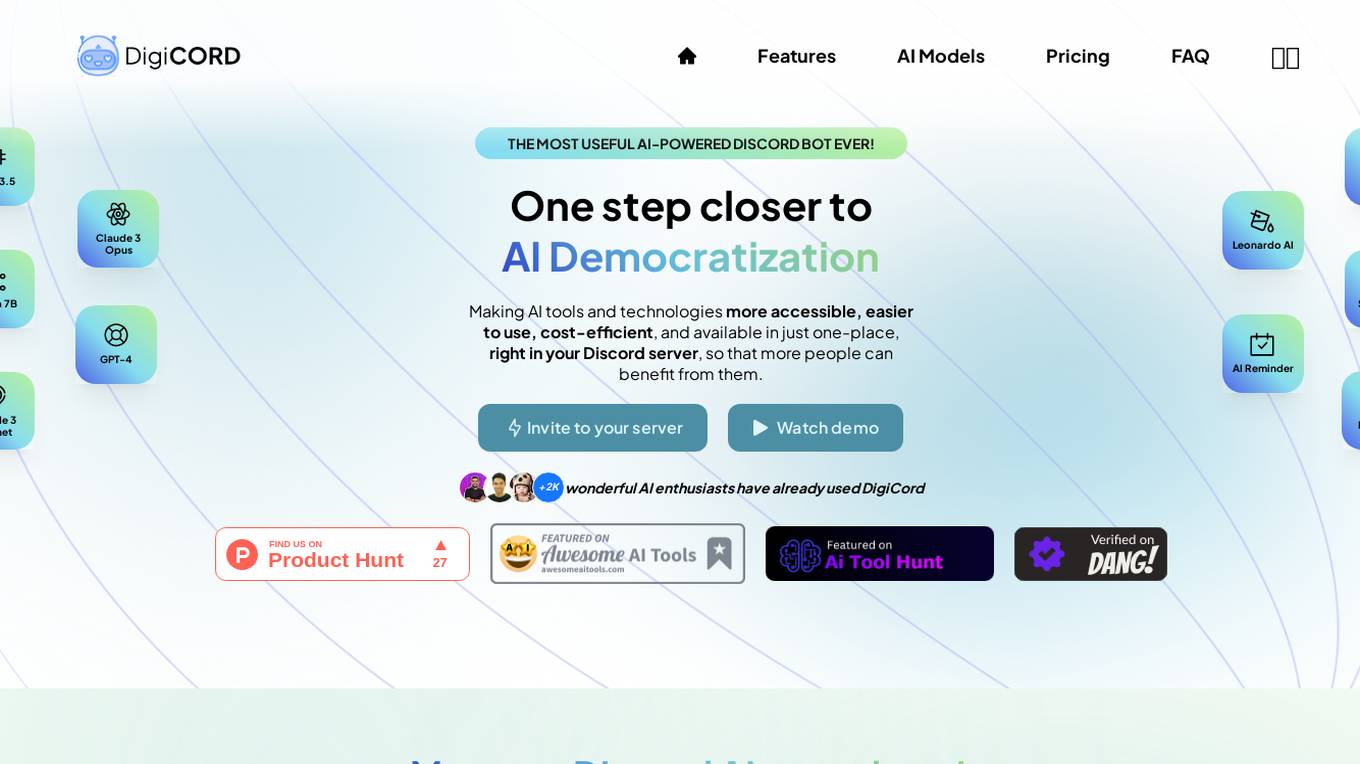
DigiCord
DigiCord is an AI-powered Discord bot that provides access to a wide range of large language models (LLMs) such as GPT-3.5, GPT-4, Claude, and more. It allows users to converse with AI, generate content, analyze images and data, and perform various tasks, all within the Discord server environment. DigiCord aims to democratize AI tools and technologies, making them more accessible, cost-efficient, and user-friendly for a diverse range of users, from students and digital artists to software engineers and entrepreneurs.
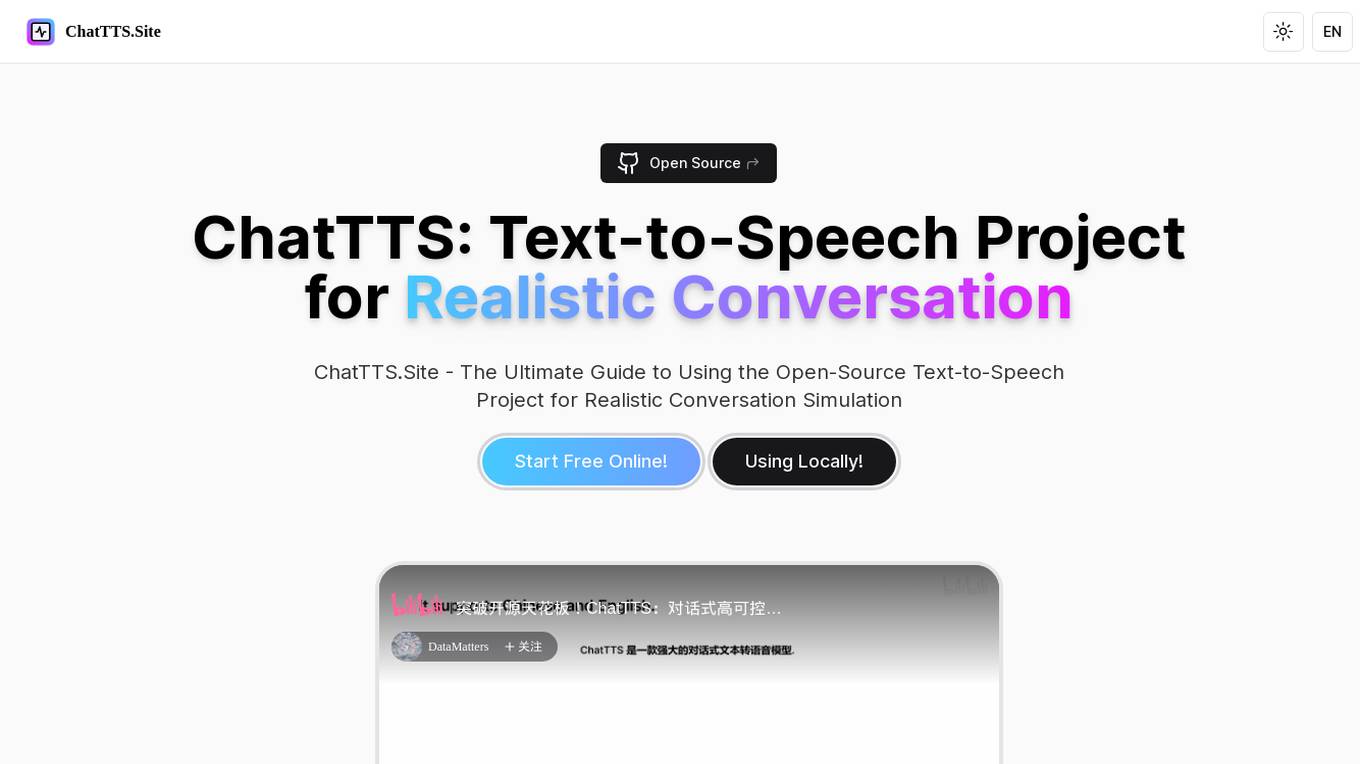
ChatTTS
ChatTTS is an open-source text-to-speech model designed for dialogue scenarios, supporting both English and Chinese speech generation. Trained on approximately 100,000 hours of Chinese and English data, it delivers speech quality comparable to human dialogue. The tool is particularly suitable for tasks involving large language model assistants and creating dialogue-based audio and video introductions. It provides developers with a powerful and easy-to-use tool based on open-source natural language processing and speech synthesis technologies.
0 - Open Source Tools
20 - OpenAI Gpts
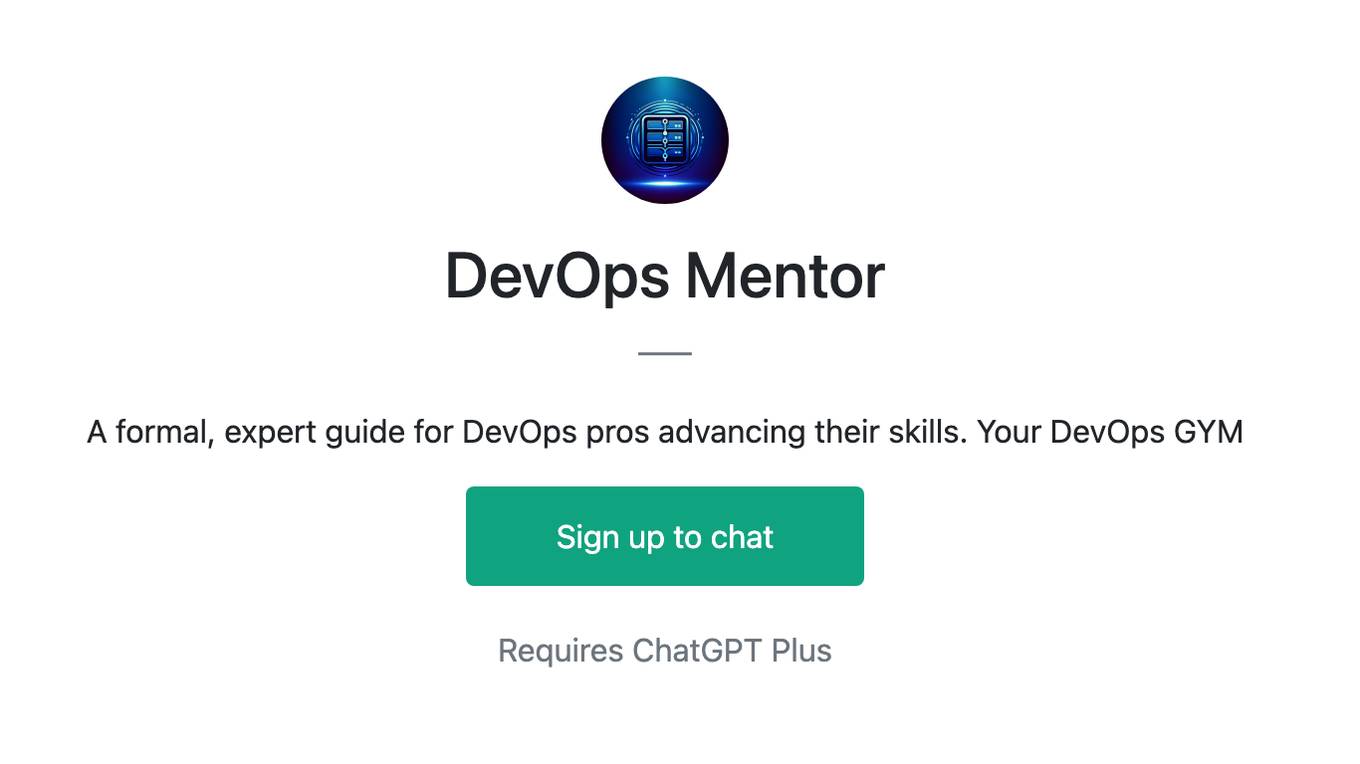
DevOps Mentor
A formal, expert guide for DevOps pros advancing their skills. Your DevOps GYM
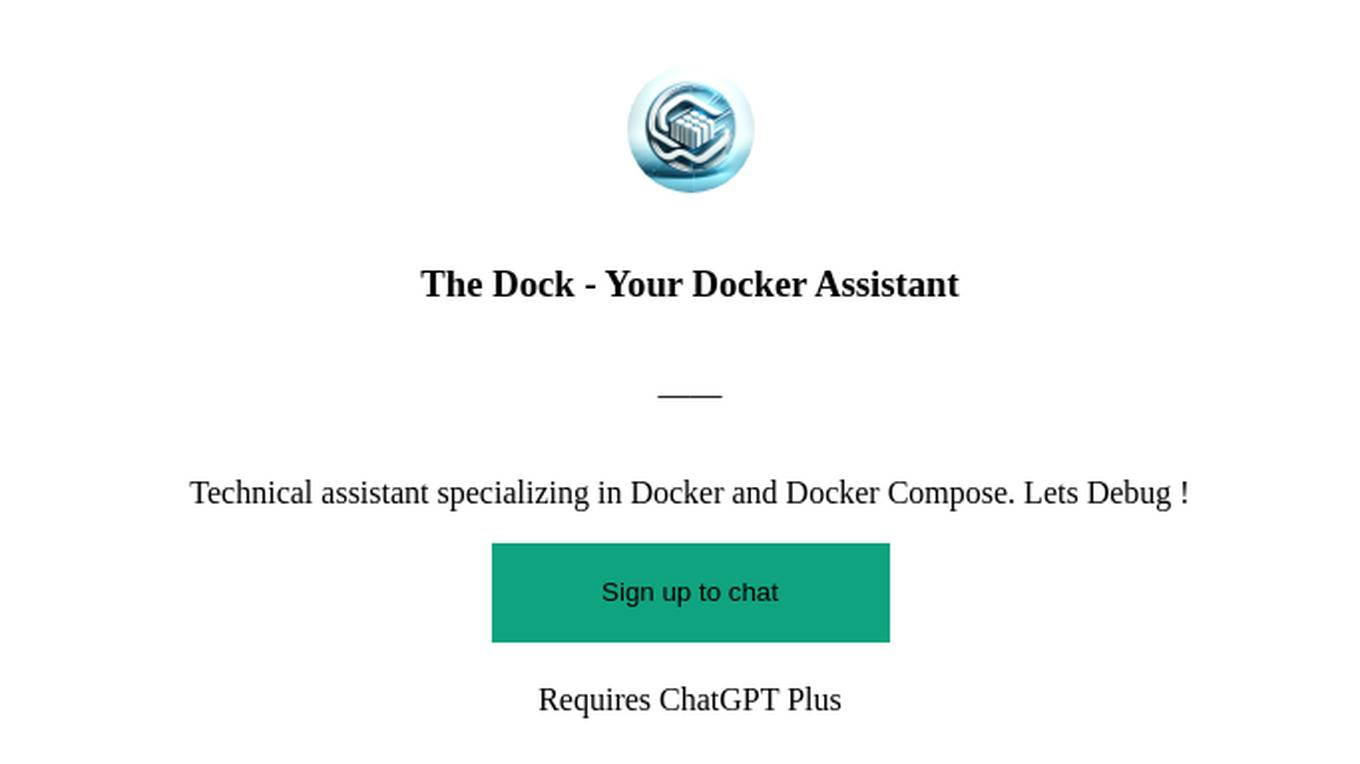
The Dock - Your Docker Assistant
Technical assistant specializing in Docker and Docker Compose. Lets Debug !
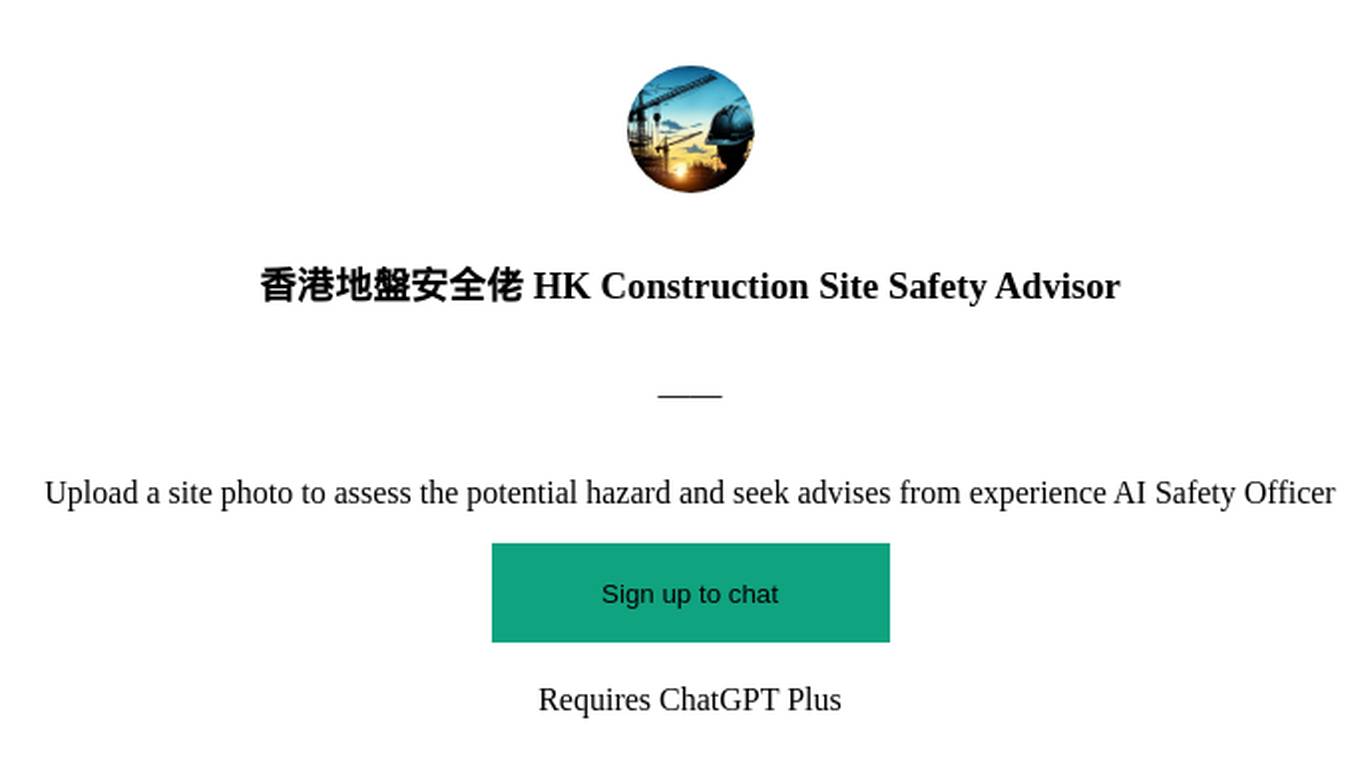
香港地盤安全佬 HK Construction Site Safety Advisor
Upload a site photo to assess the potential hazard and seek advises from experience AI Safety Officer
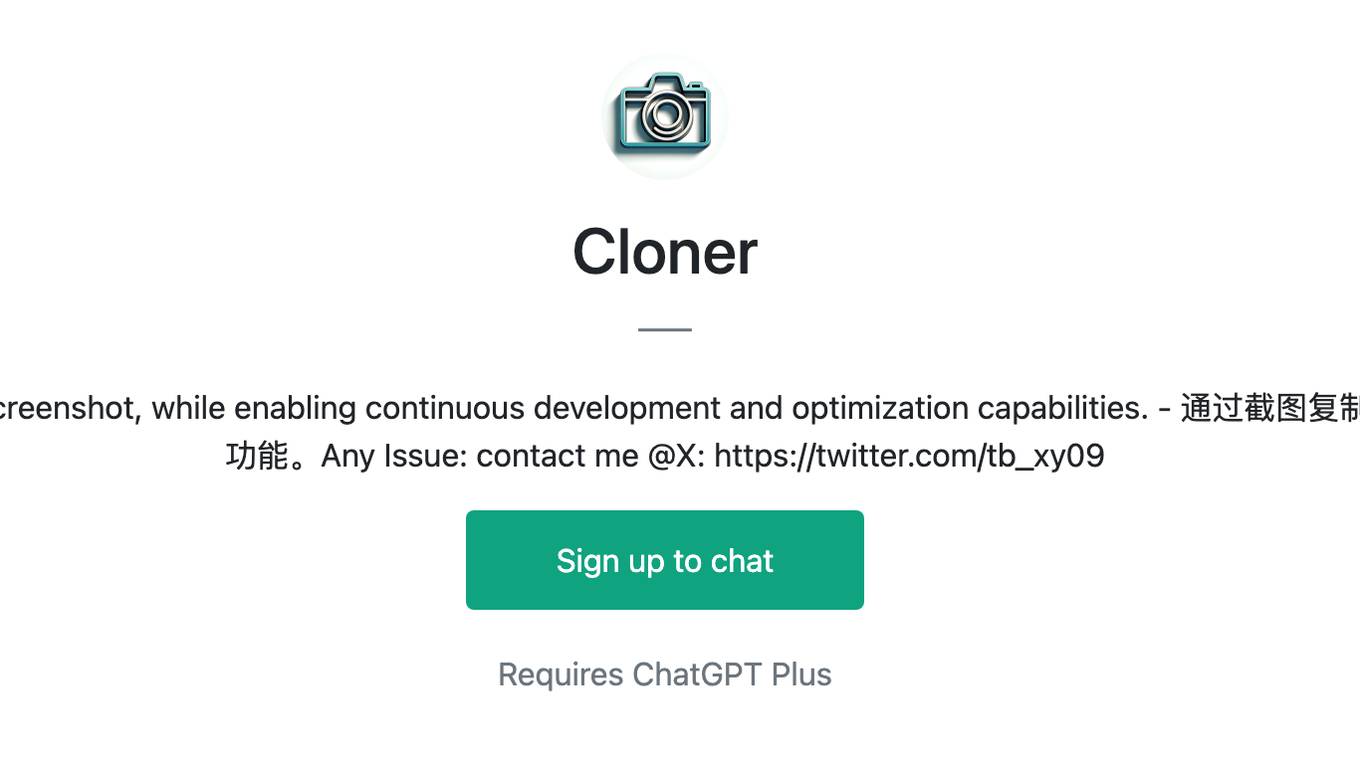
Cloner
Clone and replicate the source site using a screenshot, while enabling continuous development and optimization capabilities. - 通过截图复制源站点前端代码,同时具备持续开发和优化功能。Any Issue: contact me @X: https://twitter.com/tb_xy09
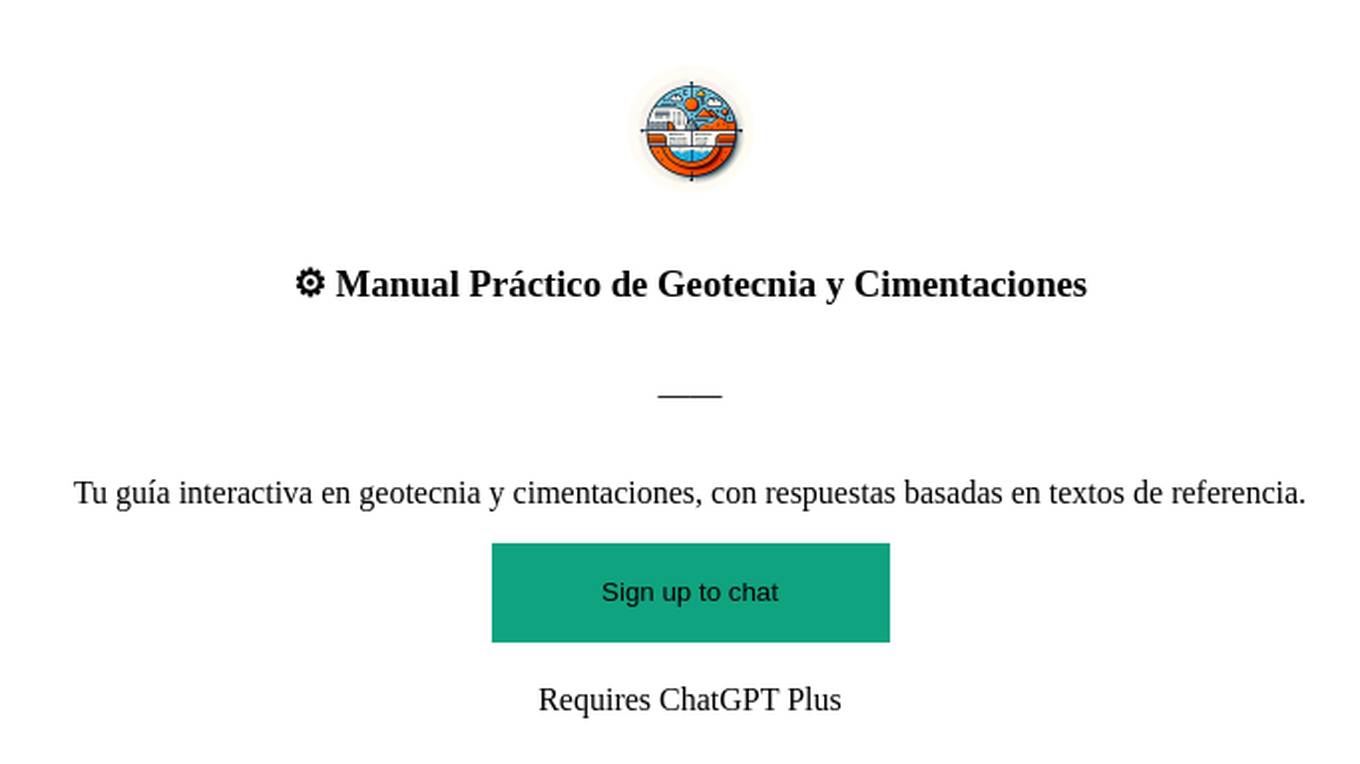
⚙️ Manual Práctico de Geotecnia y Cimentaciones
Tu guía interactiva en geotecnia y cimentaciones, con respuestas basadas en textos de referencia.
